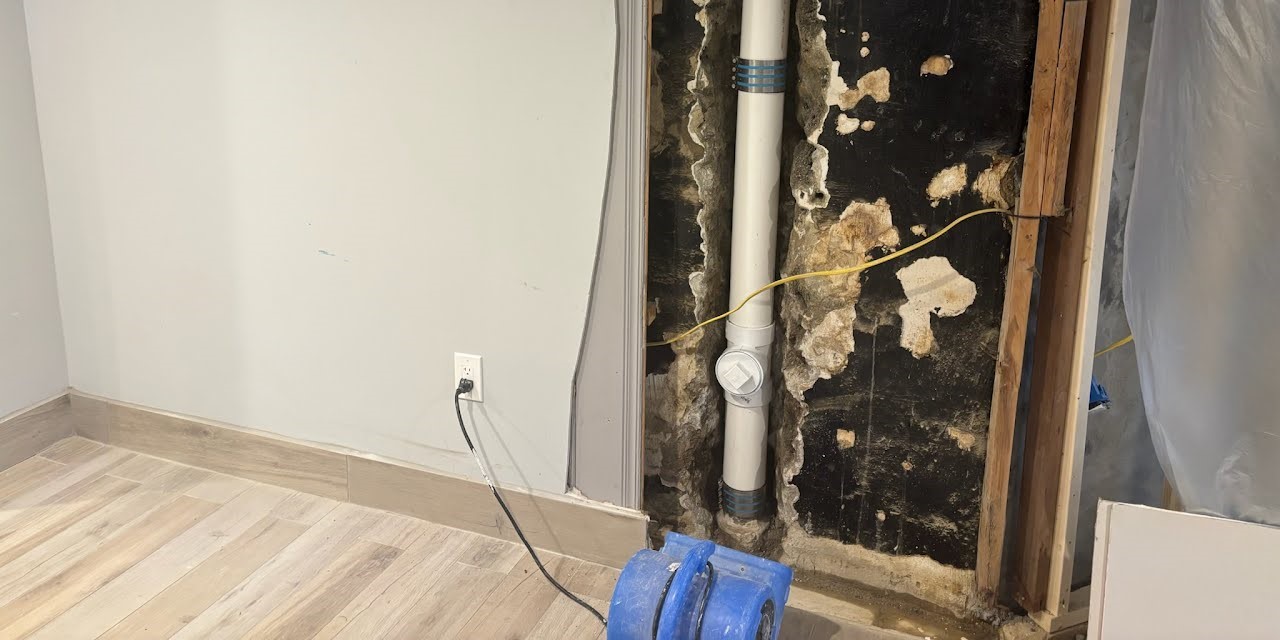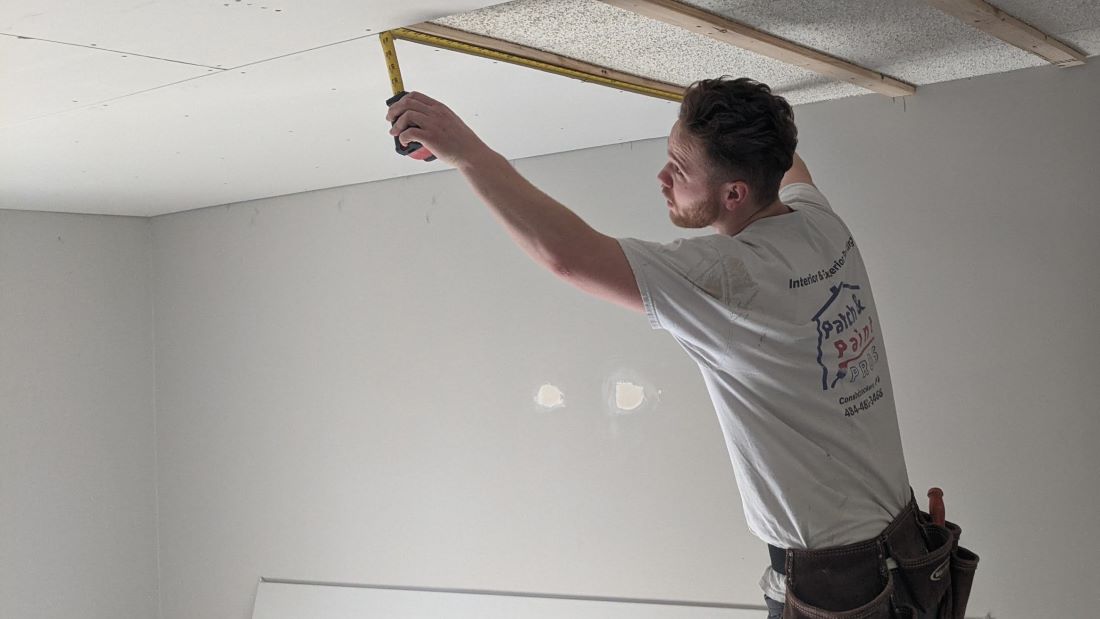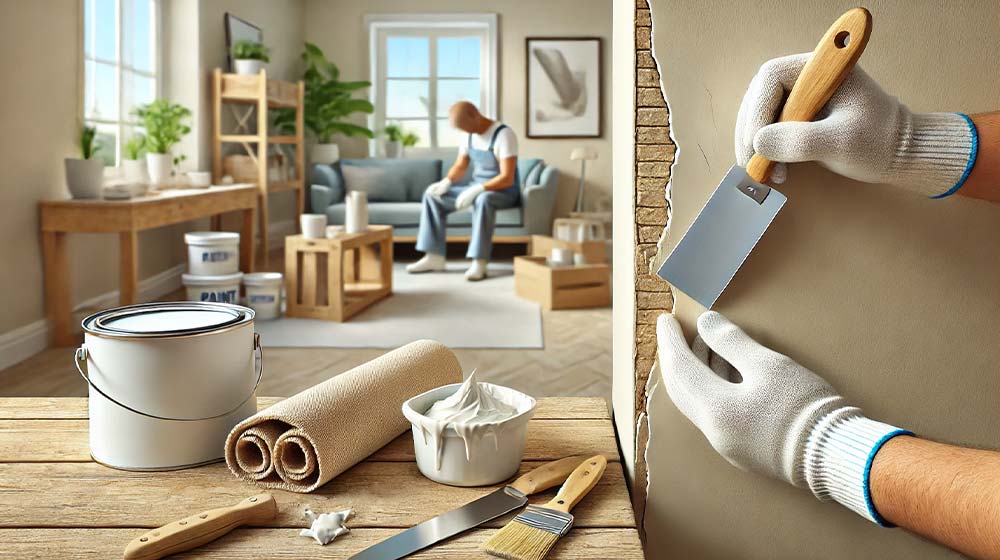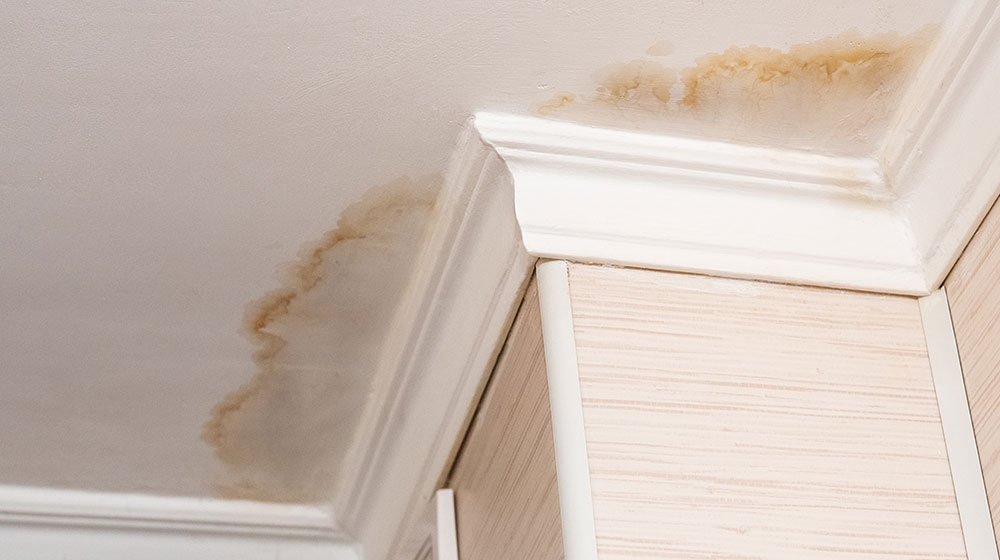Painting is a great way to add life and color to any room or outdoor space. Whether you’re painting the walls of your living room, the exterior of your house, or anything else, having the right tools for the job can make all the difference in achieving a professional look. But what many people don’t realize is that there are also other benefits to keeping their painting tools clean.
Painting contractors near me have been talking about why it’s important to keep painting supplies clean and how doing so can help achieve better results when working on projects—and even save money over time! In this article, we’ll explore cleaning tips from local pros and discuss some of the advantages of maintaining a tidy workspace. From preventing paint buildup on brushes to avoiding rusting surfaces, taking care of one’s equipment has its rewards.
So if you’re looking for ways to get more out of your next home improvement project, read on as we share insights from experienced painting professionals around town!
Advantages Of Cleaning Painting Tools
Painting is a skill that requires patience and discipline, but it also involves meticulous cleaning of your tools. Many people overlook the importance of this step, without realizing how beneficial it can be to maintain their painting supplies. From paint brushes to wet palettes and dry palettes – understanding when and why you need to clean these items will ensure they last longer and perform better with each use.
When it comes to maintaining painting tools, several advantages come along with regular cleaning. For starters, taking the time to properly clean materials helps keep them in good condition for longer periods. This means less frequent replacements, which cuts down on costs over time. Additionally, proper cleaning prevents the buildup of dirt or dust particles that could cause clogs in your brush bristles or mess up colors on your palette. Keeping everything free from debris allows you to focus more on creating beautiful artwork instead of worrying about what may have been left behind during previous uses.
Finally, keeping all surfaces clean ensures no contaminants get mixed into your paints or transferred onto whatever surface you’re working with. Not only does this help protect against any potential hazards or risks associated with improper sanitation practices, but it also preserves the integrity of the art itself by preserving the vibrant colors used throughout its creation process. By following best practices like regularly wiping off surfaces before starting a new project, painters can make sure nothing gets in the way of their creative vision while still protecting themselves and their work!
Necessary Steps To Follow When Cleaning
Cleaning painting tools is an important part of the painting process, and it requires a few simple steps to be done correctly. Whether you’re tackling a large-scale project or just freshening up your supplies, following these necessary steps will help ensure that all surfaces are properly sanitized and ready for use:
1) Start by gathering all of your painting materials into one spot. This way, everything can be cleaned at once instead of having to go back and forth between different areas.
2) Submerge each item in warm water with gentle soap added. Use a soft brush (such as a toothbrush) or wire brush to scrub away any caked-on dirt or debris from bristles and other crevices. Make sure not to leave anything behind!
3) Rinse off thoroughly with clean water before allowing items to air dry completely. For larger objects like wet palettes, using towels may help get them completely dried out more quickly.
4) Once everything has been dried, store away in an area where there isn’t too much dust or debris buildup – this will help keep things clean until they’re needed again!
Now that we understand the importance of cleaning our painting tools, let’s discuss some different types of paint removers available and how they can aid us in our efforts.
Different Types Of Paint Removers
When it comes to cleaning our painting equipment, there are several paint removers available that can help. Depending on the type of paints you’re using, either oil-based or water-based, certain products will be best suited for the job at hand.
For oil-based paints:
- Solvent Cleaners – These cleaners contain a variety of powerful chemicals and solvents that break down oils and grease quickly and effectively. They’re ideal for removing stubborn old layers of paint from surfaces without damaging them.
- Paint Strippers – Paint strippers work by softening the bonds between different coats of paint so they can easily be removed with minimal effort. They’re perfect if you need to strip away multiple layers in one go!
- Lacquer Thinner – This chemical is often used as an alternative to traditional solvent cleaners because it works more slowly but still gets the job done. It also has fewer fumes than other options, making it safer to use indoors.
For water-based paints:
- Water & Soap Solutions – A simple solution made up of warm water and mild detergent is usually enough to remove most types of acrylics or latex paints from your tools. Just make sure not to scrub too hard or else you might damage delicate brushes!
- Alcohol Solutions – Rubbing alcohol is great for getting rid of tougher stains like oils and waxes left behind after painting projects. Just mix equal parts rubbing alcohol and distilled water before applying directly onto the affected areas with a cloth or brush.
No matter which type of paint remover you choose, always remember to wear protective gear such as gloves when handling these chemicals and read all instructions carefully before use! With the proper care taken, we can ensure our painting tools last us through many future projects without any issues arising due to improper maintenance.
How To Store Your Brushes And Rollers
Now that we have established the steps to properly clean our painting tools, let’s explore how best to store them for future use. After all, with proper storage and handling, these items can last us years of successful painting projects! Rhetorical Question: How do you make sure your paint equipment is ready for next time?
The most important thing when storing any type of paint tool or brush is keeping it dry. Never leave brushes soaking in water as this will cause the bristles to wear down over time and potentially ruin them. Instead, always remove excess paint before rinsing and then hang up or lay flat on a towel until completely dried out. This also helps prevent mildew from forming which can be difficult to get rid of once it takes hold.
Another great way to maintain your painting tools is by using a portable stainless steel brush holder. These holders are designed specifically for holding wet brushes so they don’t slip while being transported between job sites. They’re also useful if you want to keep multiple sizes of brushes handy without having to search through drawers each time you need one. Not only does this save time but it makes life easier overall – plus, these holders are small enough for easy storage at home!
Finally, always remember to give your supplies a quick check-up now and again just in case something needs replacing or repairing. Painting tools aren’t indestructible after all – even the highest quality ones require regular maintenance to stay in top condition throughout their lifetime. With some basic care and attention, though, our beloved brushes and rollers should remain safe and usable no matter what project comes our way!
Final Thoughts
Hiring professional house painters can alleviate the stress of worrying about tool maintenance altogether. They come prepared with all the necessary equipment, including brushes, rollers, sprayers, and even ladders, to complete a job with efficiency and accuracy. Plus, they have access to high-quality materials that might not be available to the general public, ensuring a long-lasting finish. Additionally, experienced painters know how to properly clean and store their tools, extending their lifespan and avoiding any potential issues that may arise from neglected equipment.
Cleaning painting tools also serves as an excellent reminder that no task should ever be taken lightly when it comes to painting projects. The same attention given to washing away old paint must also be applied during every step of the process from choosing supplies to layering colors on walls or canvases. By investing a little extra effort into prepping materials beforehand, painters can guarantee their work will stand up against even the most extreme elements over time.
Ultimately, keeping your painting tools clean is more than just good hygiene; it’s a sign of respect for yourself and those around you who are reaping the benefits of your hard work. From contractors near me to customers far away – everyone appreciates a job well done!











